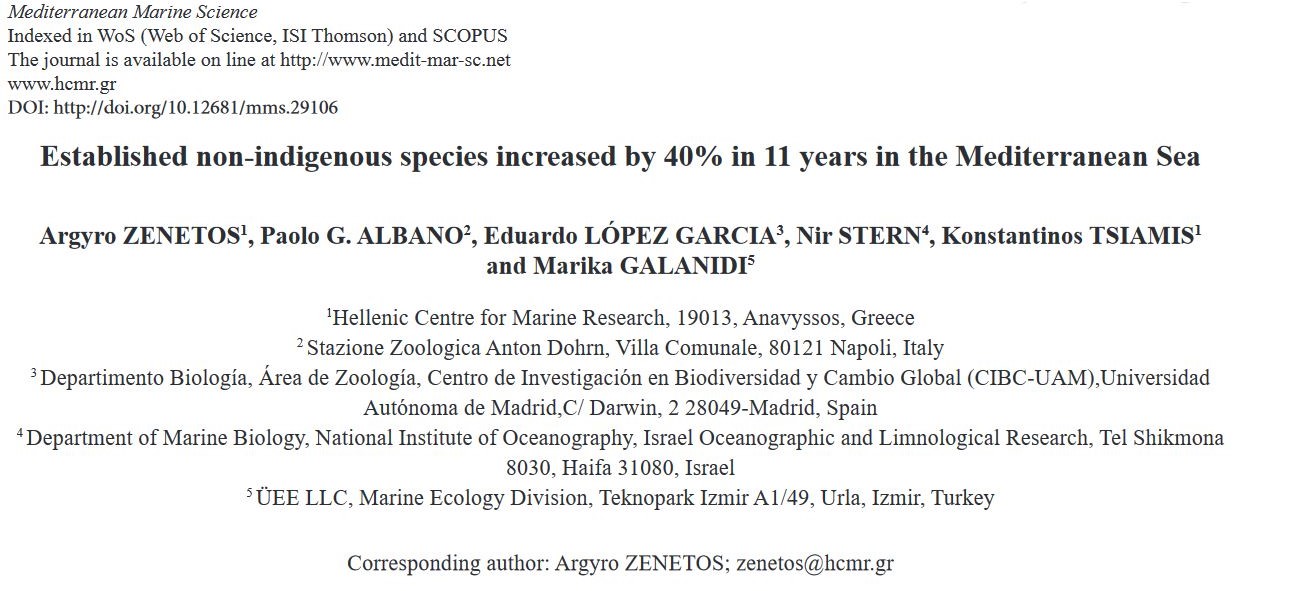ELNAIS
Hellenic network on aquatic invasive species
ELNAIS is a dynamic online information platform aiming to collect and report spatial information on Aquatic Alien Species in Greek waters. It covers freshwater, marine and estuarine waters, including not only established aliens but also casual records and cryptogenic species.
Zenetos, A., Arianoutsou, M., Bazos, I., Balopoulou, S., Corsini-Foka, M., … & Kytinou, E. (2015). ELNAIS: A collaborative network on aquatic alien species in Hellas (Greece). Management of Biological Invasions, 6(2), 185-196. http://dx.doi.org/10.3391/mbi.2015.6.2.09
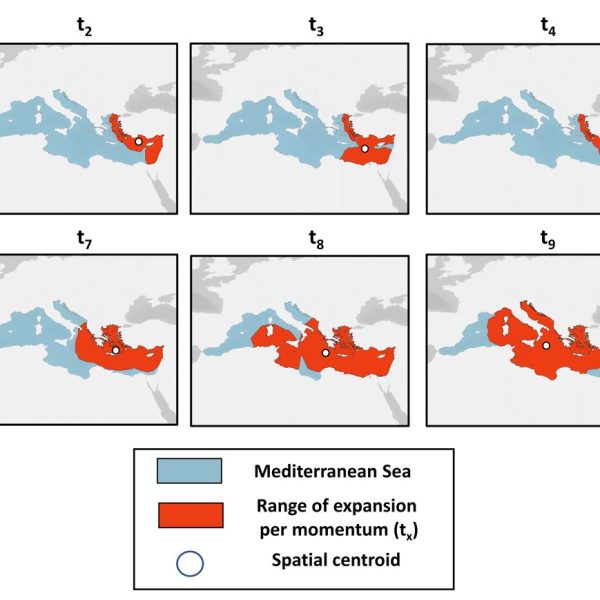
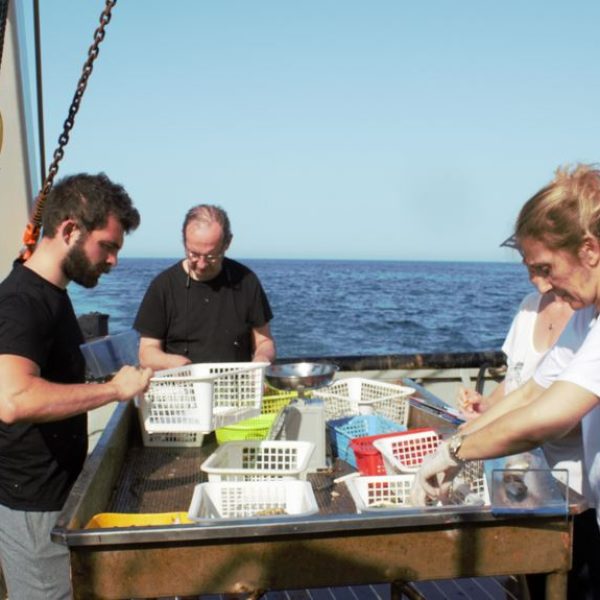
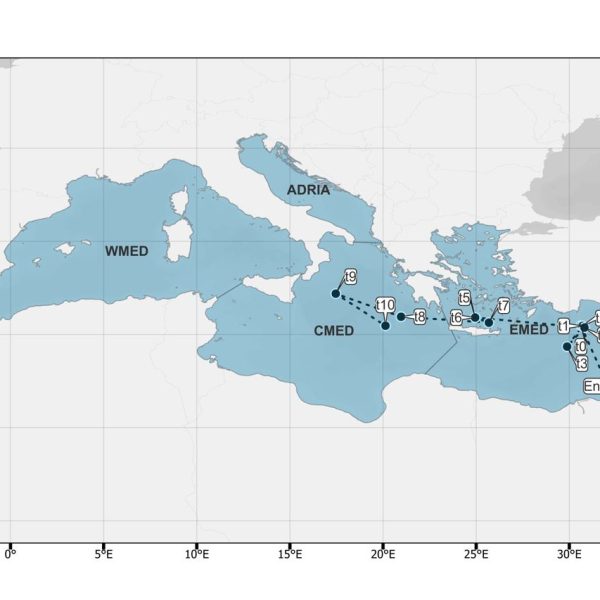
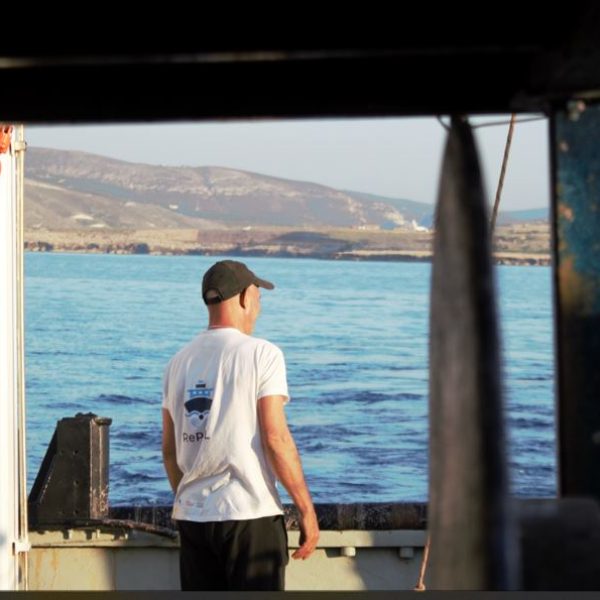
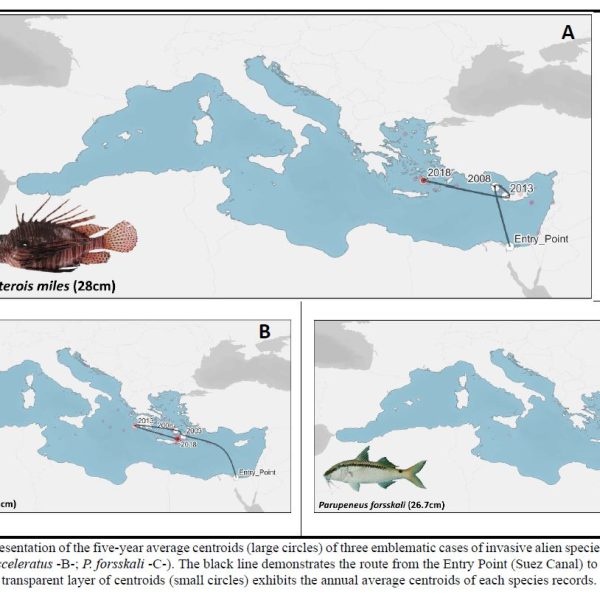
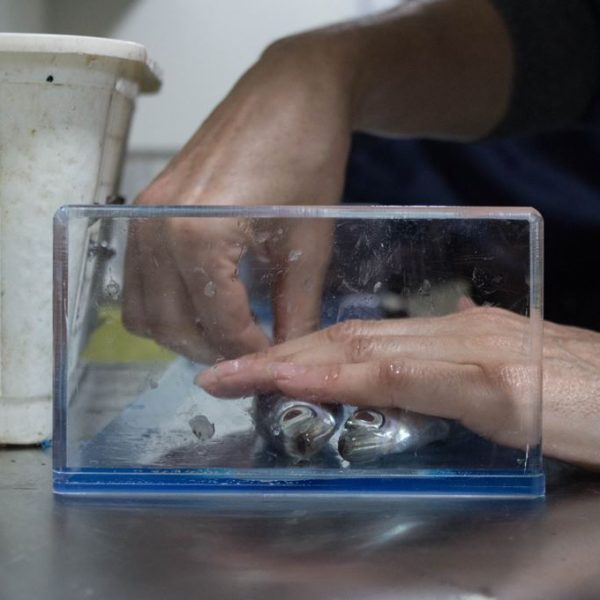
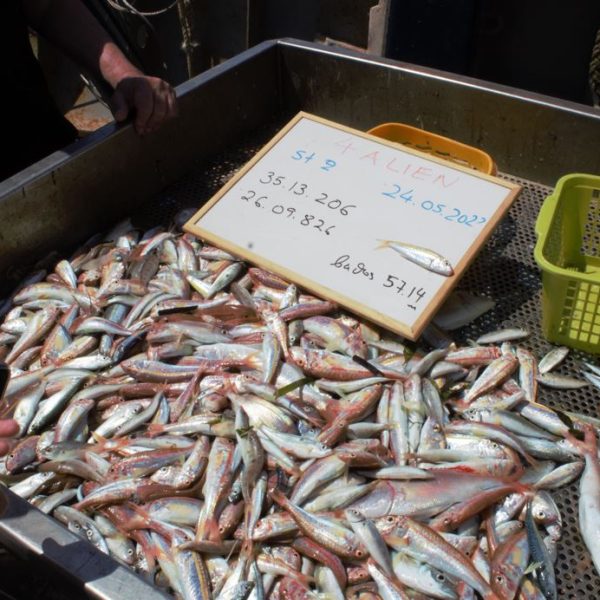
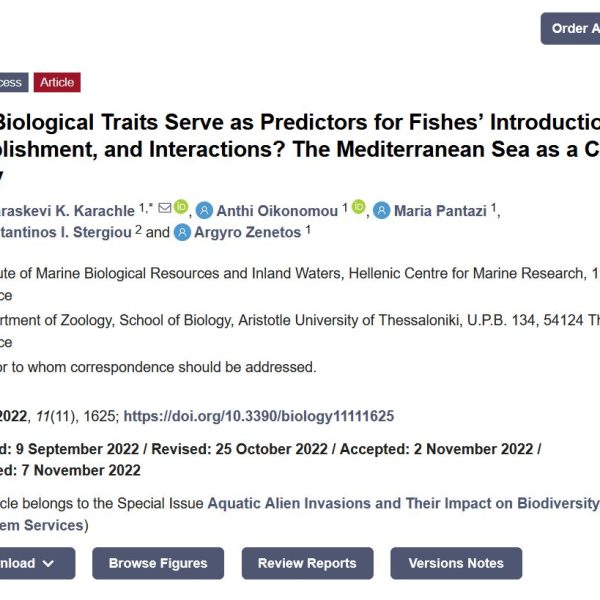
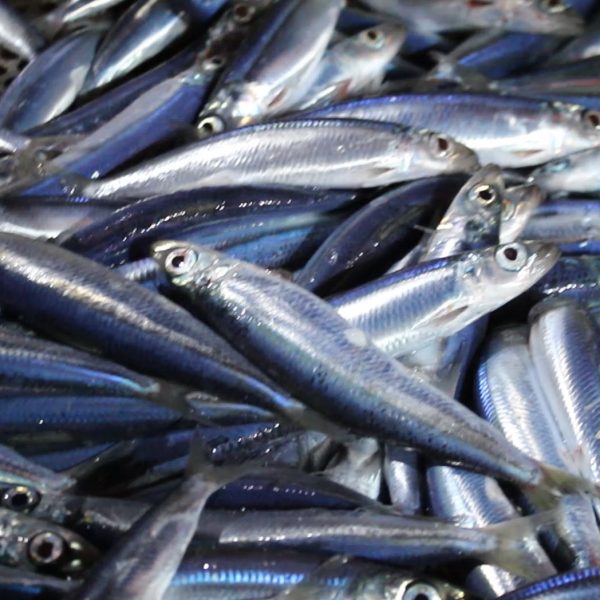
What are Alien species?
Alien species (synonyms: non-indigenous, exotic, non-native) are species, subspecies or lower taxa, which are found outside the areas of their natural dispersal potential. Their occurrence in the given region is due to intentional or unintentional introduction resulting from human activities. EU member States have obligations and commitments under both the European and global frameworks in respect to non-indigenous species [Marine Strategy Framework Directive (MSFD); EU Biodiversity Strategy].
